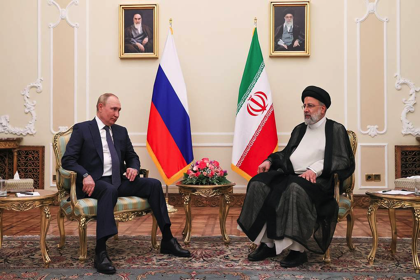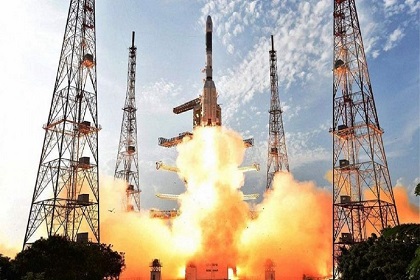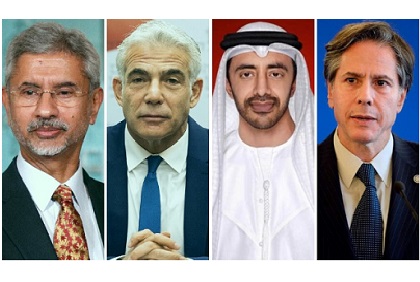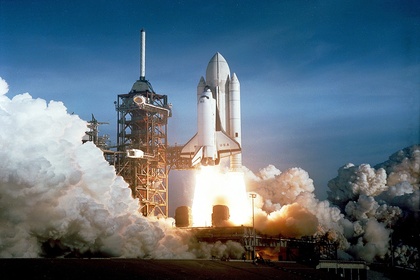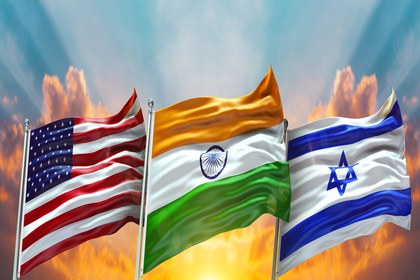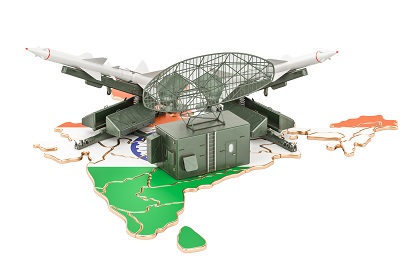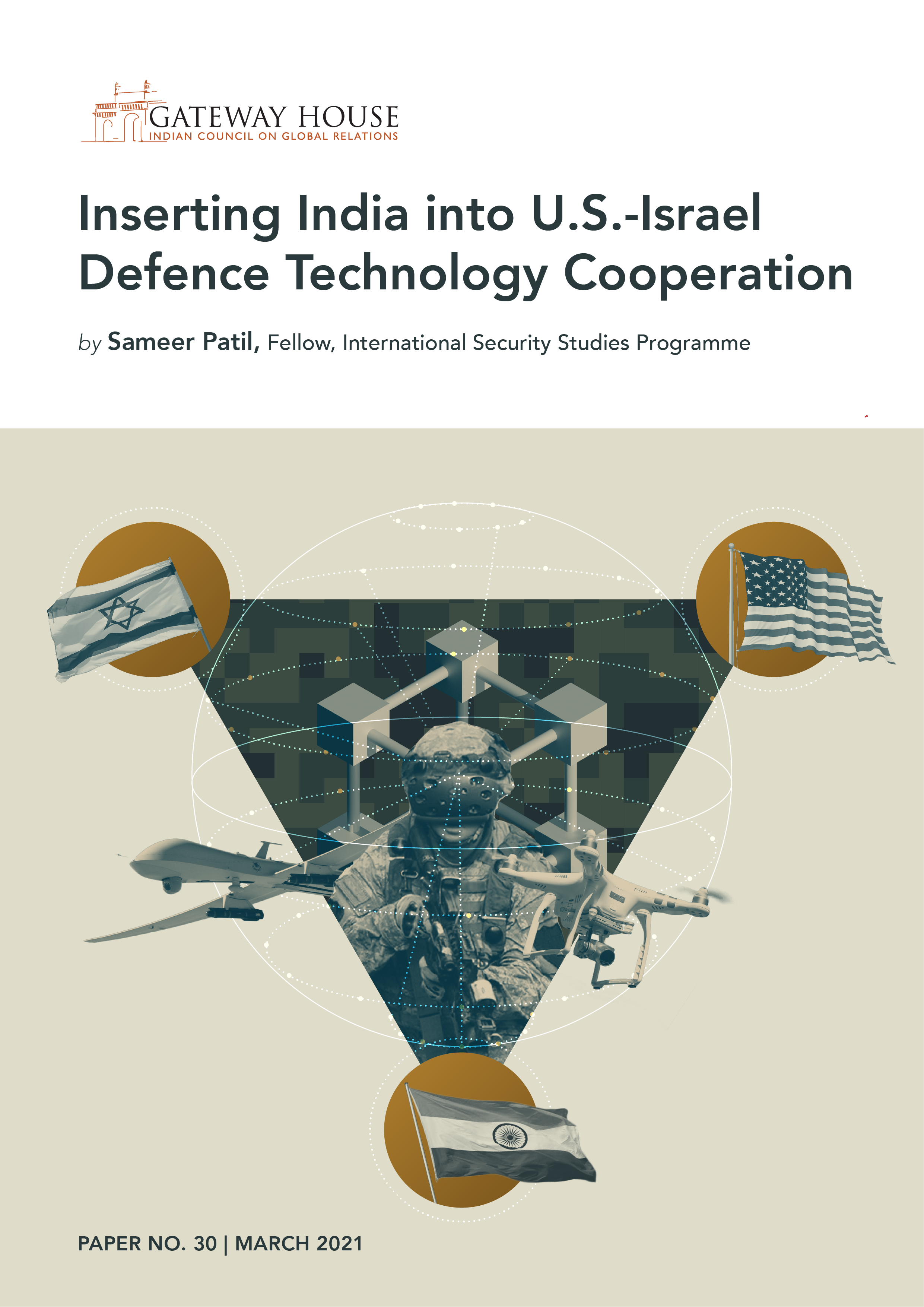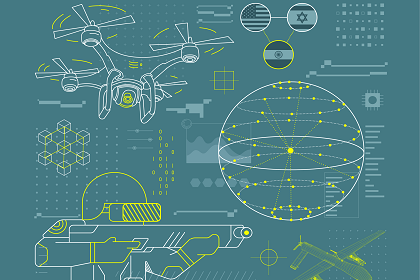Iran-Russia pas de deux
Russian President Vladimir Putin’s July visit to Iran was a geopolitical reset for both countries. The collapse of the JCPOA and the Ukraine crisis has strategically united Iran and Russia against their common adversary, the U.S. Russia is now a credible alternative to fill the investment vacuum for Iran’s defence, trade and energy sectors.

